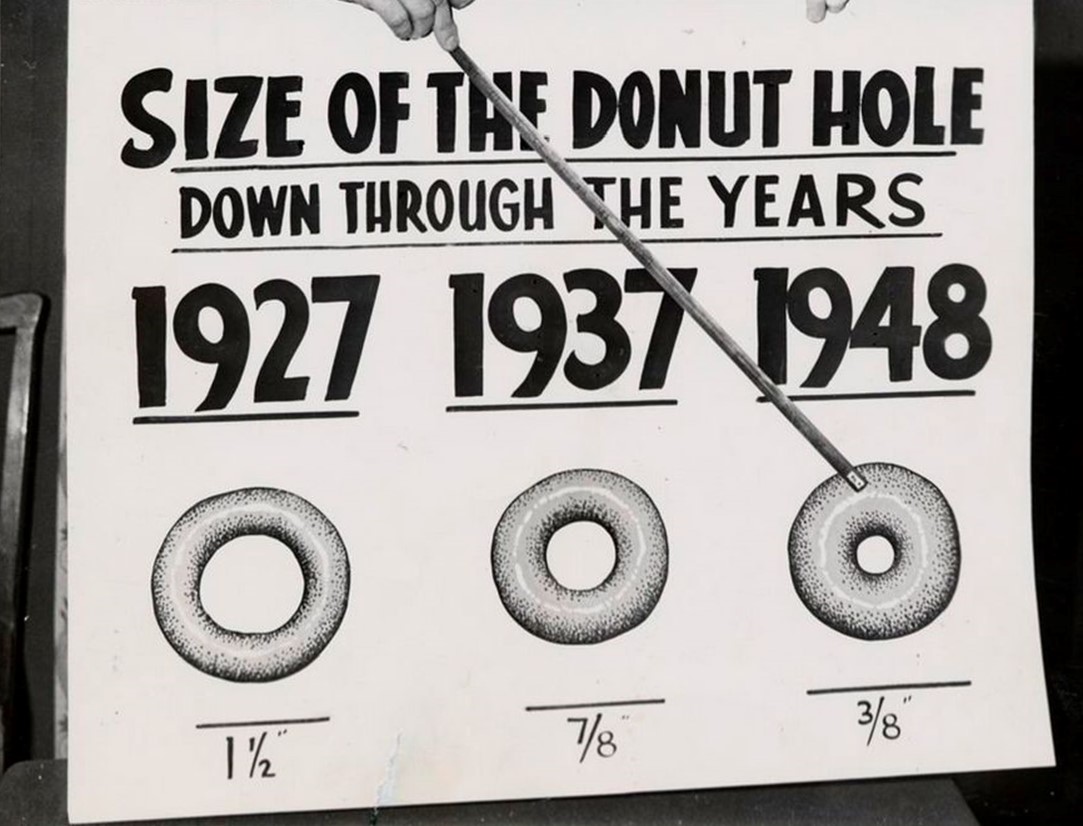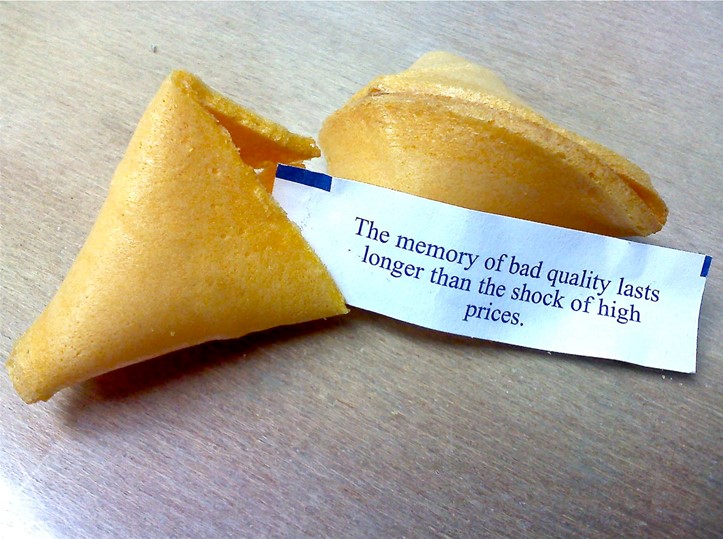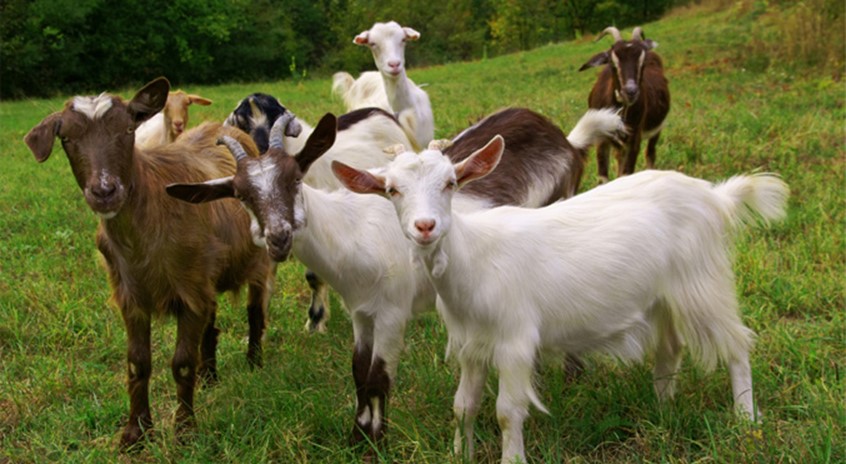Why Donut Holes Have Shrunk Over The Years
September 25, 2015 in Daily Bulletin

As the chart above shows, it seems like donut holes have been shrinking. Phil Edwards looked into some of the potential reasons why:
- Donut holes were originally put in there to make sure the treat was fried evenly. If it didn’t have a hole then the inside would be less well cooked than the outside.
- Improved technology meant that it was possible to get a more even fry without a big hole.
- Smaller holes mean that a donut is less likely to break.
- People may have become used to cream or chocolate filled donuts, making the ring-like large-hole donuts seem like anachronisms.
- Chains each had their own standardized vision of what a donut should look like. We may now expect donuts to have small holes simply because small donut hole chains like Krispy Kreme won the donut chain wars.
Read other theories, and some caveats over here.
Source: Vox









Join the Discussion! (No Signup Required)